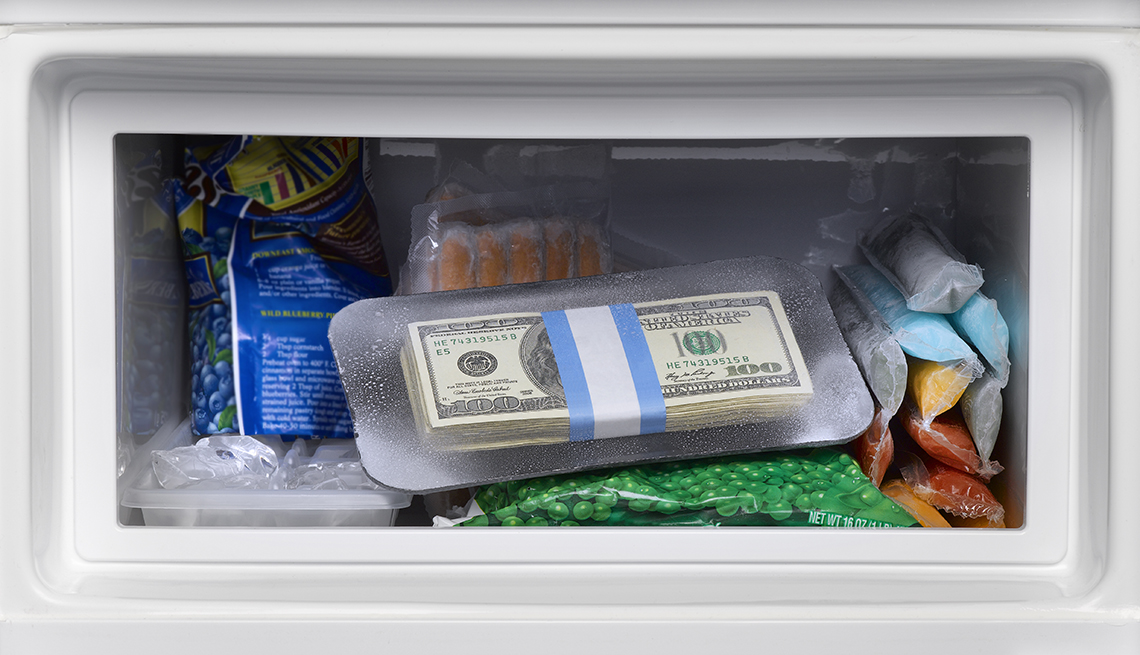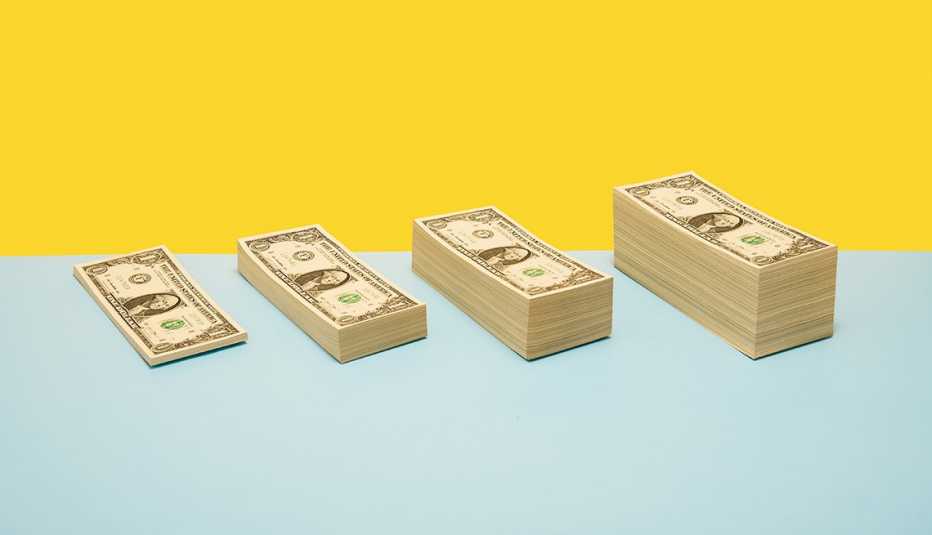AARP Hearing Center
Around 1 in 10 older Americans report hiding cash in places around the house, including under the mattress, according to a survey from market research firm Edelman Intelligence. But experts say treating your house like a savings account isn’t doing people — or their money — any favors.
The survey of 6,000 U.S. adults, conducted on behalf of banking firm PurePoint Financial, found that 11 percent of those 55 and older reported hiding money at home. This might be because older adults are diligent savers overall: The results showed that 72 percent of them are “constant savers” who put money aside on a regular basis, not just to meet a short-term goal.
PurePoint President Pierre Habis says history has shaped older adults’ tendency to stash cash. They have “seen and experienced some of the most devastating financial crises,” he wrote in an email to AARP, and he suspects that many are fearful another Great Recession is looming.
But keeping money at home, he says, not only means missing out on financial growth from the interest that savings accounts offer
,
it also makes people vulnerable to
loss
from theft, fires, floods
and
accidents.
Patrick Daniels, director of financial planning at Precedent Asset Management, Indianapolis, says keeping cash hidden away poses additional
problems,
since secret stores can be forgotten by the person who hid them in the first place, or overlooked by relatives in the event someone passes away.
Daniels recommends that his clients keep a modest amount of cash (no more than $1,000, or the maximum covered by your homeowner’s or renter’s insurance policy) at home in a known but secure location, like a fireproof safe. The American Red Cross and other disaster-preparedness organizations also recommend keeping a small sum packed in your home’s emergency kit for immediate needs, like gas money, in case of a natural disaster.
This at-home stash, Daniels says, should not be confused with maintaining a true emergency fund — enough money for three to six months of living expenses — in a savings account. Both Daniels and Habis recommend looking for high-yield accounts that offer 2 percent interest, available at many online banks.
For savers who worry that the bank won’t be able to guarantee their funds in the event of a financial crisis, Habis recommends learning more about the Federal Deposit Insurance Corp., which protects the deposits you make to a savings account.
And remember, Daniels says, being smart about cash doesn’t mean you have to ban the stuff at home. There’s no problem with hanging onto what he calls “pizza money,” a collection of small bills or loose change to use for movie tickets or a nice dinner out. Just don’t keep it under the mattress or in the freezer.


































































